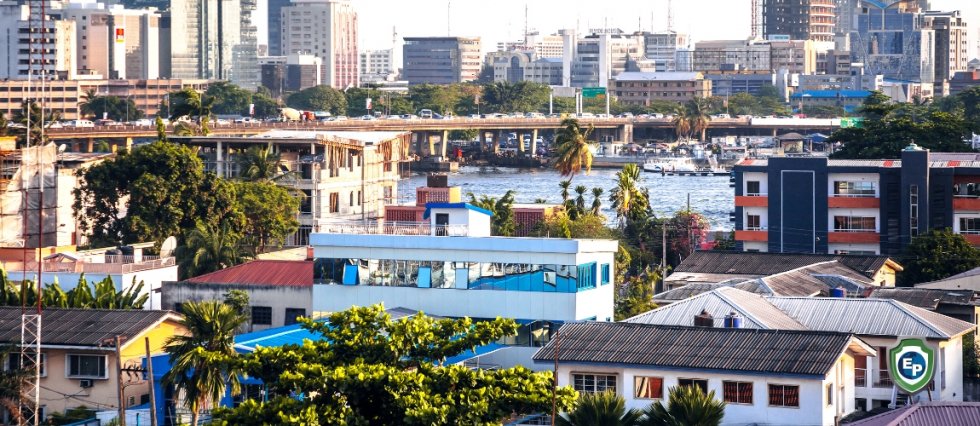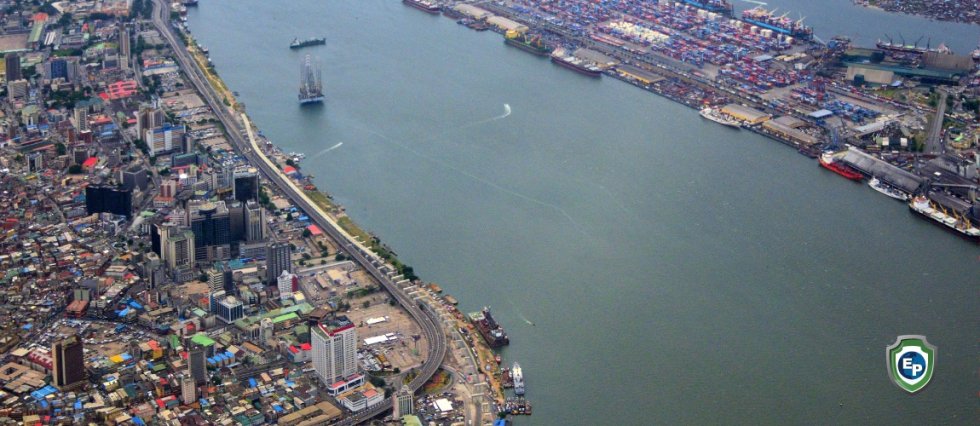3 Ways the Nigerian Government Can Help Exporters
Nigeria has one of the biggest export economies in the world, but many still face challenges. Read our blog to learn more about the challenges and what the Nigerian government can do to help.

Nigeria earns most of its foreign exchange from export trade. The country exports mainly agricultural produce such as cocoa, cashew nuts, leather, ginger, and more. For years, the Nigerian government has been making efforts to ease its overall business environment, including exportation. In 2017, the country reduced export documentation requirements from 10 to 7. However, exporters in Nigeria still face several challenges.
Some of these challenges include poor infrastructure, high tariffs, access to credit, and delayed processing of documentation. There are several ways the Nigerian government can help exporters. Here are the top three:
1. Improve Port Administration and Transport Infrastructure
Because of an inefficient port administration, shippers often experience delays at the ports. Operators may have to deal with government agencies, requests for payment of arbitrary fees, or infrastructure problems.
In Lagos State, most goods leave or come into Nigeria through the Tin Can Island and the Apapa Ports. However, moving to these ports from other parts of the country can be very challenging since many roads are in poor condition, and can even take an entire day to move through Apapa.
By addressing critical road infrastructures and facilities within the ports, Nigeria will decimate the cost of logistics for exporters and enable a seamless freight movement.
2. Ease Registration and Documentation Process for Exporters
In April 2017, Nigeria’s federal government approved the reduction of documentation requirements and the timeline for import and export trade transactions. Though the country has been working to reduce the burden associated with registration and documentation for exporters, it will need to do more to improve the export trade activities within the country.

Most of the documentation still involves much paperwork. But, with the advancement in communication technology, exporters should now be able to complete forms online and communicate with respective agencies and authorities irrespective of their location.
3. Improve Support for Export Financing
Several exporters experience difficulties in getting their financing right. The export business is capital intensive and often risky, and many businesses compete for funding from commercial banks and other financial institutions.
The Nigerian Export Promotion Council (NEPC) administers two government incentives to promote export trade: the Export Development Fund and Export Expansion Grant. However, these programs have been erratic because of abuse and corruption, making them no longer operational. In turn, this has triggered adverse consequences for the country’s export market. By addressing these issues, exporters will be able to leverage the financing support for easier exportation and improved government revenue from increased exports.
Nigeria has one of the biggest export economies in the world, exporting commodities worth over $53.6 billion in 2019. If the country consciously implements reforms and actions to ease international trade, there is no doubt that it will experience significant growth in export.
Export Portal believes in transparency and security in the world of export. To learn more about how we facilitate global trade, check out our site.






Comments 0